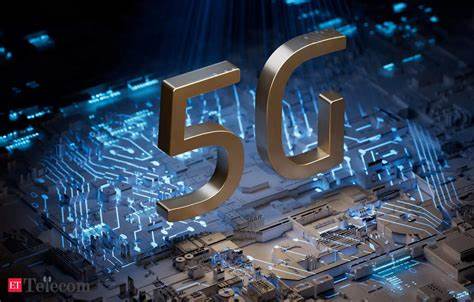Key Spectrum Issues and Recommendations
At a meeting chaired by Federal Minister for Finance and Revenue, Senator Muhammad Aurangzeb, the advisory committee discussed the current status of spectrum availability and auction plans. Sources revealed that while there is a strong demand for additional spectrum to improve service quality, the government currently has only 54 MHz in the 2600 MHz band, with 140 MHz still tied up in litigation.
The 2600 MHz band is considered prime worldwide, essential for both 5G launch and relieving congestion in 4G services. NERA urged the government to resolve the legal issues and secure the remaining spectrum as soon as possible. The government is pursuing legal action through the Attorney General’s office, aiming for an early resolution.
Spectrum Auction Plans and Government’s Strategy
Despite the legal challenges, the government is planning to offer 562 MHz for auction, with the expectation that the 140 MHz in litigation will be resolved in time. The government has access to spectrum in all the International Telecommunication Union (ITU) bands earmarked for 5G—700 MHz, 2100 MHz, 2300 MHz, 2600 MHz, and 3300 MHz—each capable of supporting 5G technology.
The government aims to auction these bands with a technology-neutral approach, meaning they can be utilized for both 4G and 5G services, allowing for flexibility in technology implementation across the country.
Government’s Commitment to Digital Transformation
The meeting, which also included Minister for Industries and Production Rana Tanveer Hussain, Minister of State for Information Technology and Telecommunication Shaza Fatima Khawaja (virtually), and senior officials from relevant ministries, focused on the strategic vision for digital integration and spectrum reforms.
Finance Minister Aurangzeb emphasized the role of the digital economy in transforming Pakistan’s economic landscape. He stated that the government is committed to enhancing digital infrastructure and connectivity to support the widespread adoption of emerging technologies, contributing to socio-economic development and the achievement of sustainable development goals.









